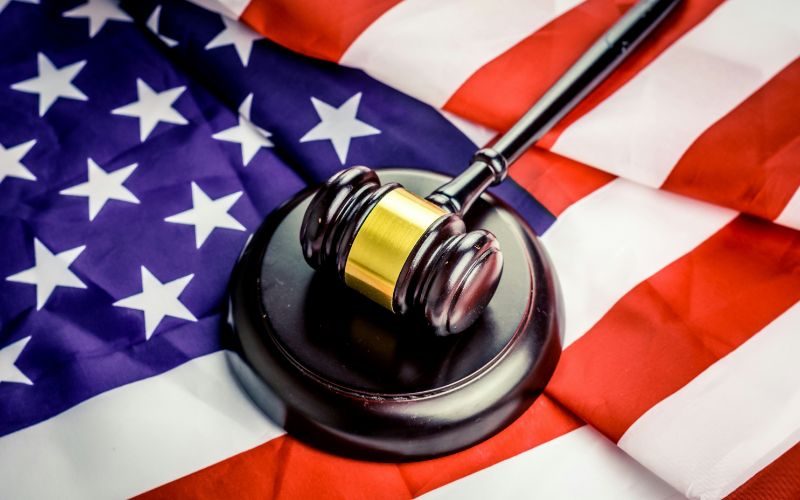The Biden administration has initiated a review regarding the scheduling of marijuana under federal law by requesting that the Department of Health and Human Services (HHS) and Drug Enforcement Administration (DEA) make recommendations for the substances scheduling category. The recommendation by the HHS and DEA to reschedule marijuana to a Schedule III substance raises critical questions about the rationality underpinning our drug laws.
Currently, all Schedule III substances, including anabolic steroids and ketamine, require a doctor’s prescription for legal access. However, marijuana, despite its potential rescheduling, is legally accessible without one in many states. This paradox is not just an oversight, it is emblematic of a larger issue: our drug laws are undeniably built upon illogical, unfair, and inconsistent principles.
If we are to trust the average legislative process, laws should make sense to a person of average intelligence. The current situation creates a baffling conundrum: how can a substance, which would be classified federally as requiring a doctor’s prescription, simultaneously be available without a prescription in states coast to coast. This inconsistency undermines the credibility of our legal framework and leaves Americans confused and vulnerable.
Moreover, the classification of marijuana alongside dangerous substances like ketamine raises further concerns. Ketamine, which has been implicated in numerous deaths, including the tragic loss of actor Matthew Perry, is a powerful anesthetic that can lead to serious adverse effects. Conversely, marijuana has not been linked to a single death solely due to its consumption. As we deliberate on the future of marijuana, it is essential to recognize that despite its widespread use for both medicinal and recreational purposes, it is not classified as a life-threatening substance.
The fundamental question remains: why should we treat marijuana the same way we treat potentially lethal drugs? If we were to apply logic and prioritization assessment, marijuana is far less harmful to the individual and to public health than other Schedule III substances.
Rather than rescheduling marijuana, we need to consider a stronger step forward: descheduling and decriminalizing marijuana at the federal level. This change would not only eliminate the nonsensical contradiction currently present in our federal marijuana laws but also relieve the burden on law enforcement and the legal system, allowing for a more reasonable approach to a substance that has been part of our society for centuries.
In states where marijuana is legalized, we are witnessing the positive impacts of legalization: reduced criminal charges, increased tax revenues, and newfound opportunities in economic growth. These states set a precedent that demonstrates responsible management of marijuana, exemplifying a shift in public perception and policy that embraces modern understandings of health and wellness.
As we move forward with this important discussion, let us remember that policies should be based on logic, public health, and societal benefit. Rescheduling marijuana to a Schedule III substance is not only unnecessary but also irrational. Instead, we should advocate for a framework that reflects the realities of marijuana as a less harmful substance and enables responsible, regulated access.
Marijuana is recreational in Washington D.C. and does not require a doctor’s prescription. This reality is evidence enough that there is something very wrong with our drug policies. The time has come for our federal drug policy to evolve with the people it serves, dissolving outdated classifications that no longer reflect our current understanding of health, safety, and justice.
Photo by Bermix Studio on Unsplash
Author
-

Brent L. Crawford is a father-of-four from Kentucky currently serving a 15-year federal cannabis sentence.






